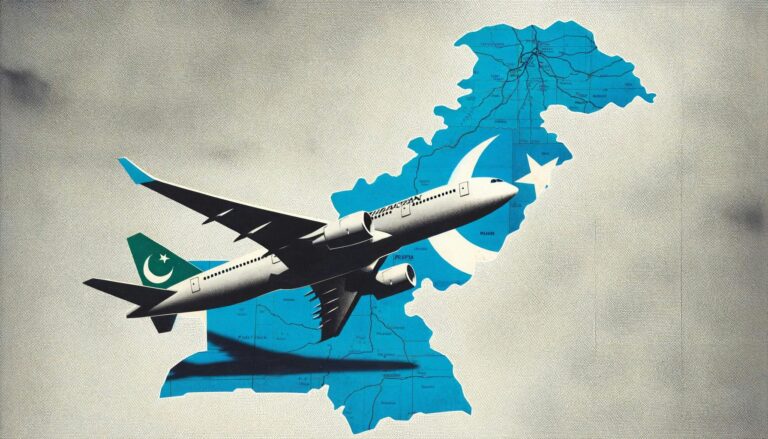What is going on here?
Pakistan is auctioning off a significant stake in its national carrier, Pakistan International Airlines (PIA), as part of a major $7 billion package deal with the International Monetary Fund (IMF).
What does this mean?
Pakistan’s move to privatize PIA is a bold attempt to stabilize its finances under a $7 billion IMF program. The government aims to sell 51-100% of the airline’s stake, but investors interest It looks lukewarm – of the six groups that initially qualified, only Blue World City submitted final participation documents. Concerns remain about the government’s reputation for breaking contracts, as seen with the recent termination of power purchase agreements. Economists like Saqib Sherani warn that despite government guarantees, such practices increase investment risk. Further complicating matters are long-standing issues with government communication, high sector taxes, and PIA issues and public perception. Privatization efforts have also been challenged by Pakistan’s coalition government, raising questions about the stability and credibility of the policy, especially if layoffs are required.
Why should we care?
For the market: Overcoming the turbulent situation for investors.
The uncertain future of PIA privatization highlights investors’ concerns about inconsistent policies and broken commitments in emerging markets. Unless Pakistan can rebuild confidence in its economic strategy, the investment climate could hinder future operations in a similar environment, as only Blue World Cities is willing to take the risk.
Big picture: Confidence in the world economy at a crossroads.
Pakistan’s struggle to privatize PIA highlights the broader challenges faced by an economy dependent on IMF support. As countries move toward privatization amid political and economic instability, global investors are becoming increasingly cautious, seeking stronger guarantees and a predictable environment to reduce risk.

